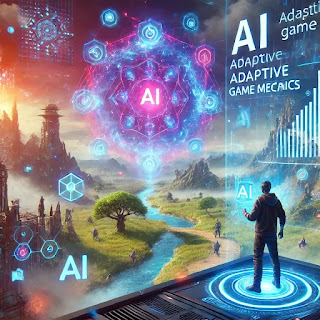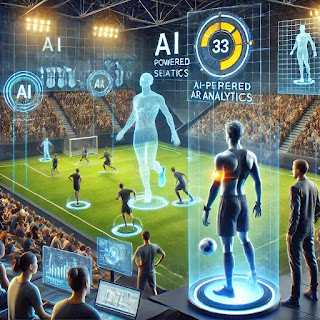If you’ve ever sat in front of a coding window thinking, “I know what I want, I just don’t want to write all those lines of code,” you’re not alone. Welcome to vibe coding—a new creative frontier of programming where ideas, not syntax, lead the way.
The Origin of “Vibe Coding”
The term vibe coding was introduced by Andrej Karpathy, former Tesla and OpenAI engineer, who described it as:
“There’s a new kind of coding I call ‘vibe coding,’ where you fully give in to the vibes, embrace exponentials, and forget that the code even exists.”
Rather than meticulously writing each line, developers describe what they want in natural language, and an AI model—such as ChatGPT, Claude, or GitHub Copilot—translates those ideas into functional code.
The Core Idea
Vibe coding represents a shift from manual programming to AI-guided creation. The human developer provides goals and feedback, while the AI handles much of the coding process. You’re not abandoning code entirely—you’re orchestrating it from a higher level.
A typical workflow looks like this:
-
Describe the goal – “Create a quiz app that records student scores.”
-
AI generates the code – HTML, JavaScript, CSS, or even backend logic appears in seconds.
-
Run and test – Evaluate what works and what doesn’t.
-
Iterate by prompting – Ask the AI to refine or expand features.
-
Deploy and reflect – Finalize the prototype and consider what you’ve learned.
The key is that the developer’s role shifts from coder to designer of ideas—someone who directs and evaluates rather than types and compiles.
Why It Matters
| Benefit | Description |
|---|---|
| Speed | Rapid prototyping dramatically shortens the time from idea to product. |
| Accessibility | People with limited coding experience can now create digital tools. |
| Creativity | By removing technical barriers, it frees attention for problem-solving and innovation. |
| Educational Value | Students can focus on logic, design, and reflection rather than syntax errors. |
The Challenges
Like any paradigm shift, vibe coding comes with limitations. Because AI generates most of the code, understanding how it works can be challenging. Debugging, maintaining, and scaling may become complex if developers rely too heavily on AI outputs.
Other common concerns include:
-
Hidden bugs or security vulnerabilities that go unnoticed.
-
Overreliance on AI without verifying logic or ethical implications.
-
Lack of deep understanding of the systems being built.
For these reasons, vibe coding is most useful for prototyping, creative projects, and educational applications, rather than large-scale software engineering.
Implications for Educators
In education—particularly teacher preparation and instructional technology—vibe coding offers meaningful opportunities:
-
Pre-service teachers can design classroom tools, simulations, or digital stories through AI guidance rather than coding from scratch.
-
Instructor-led workshops can emphasize prompt design and iterative testing instead of traditional syntax lessons.
-
Research applications include examining how AI-assisted creation affects creativity, digital confidence, and reflective thinking.
Classroom Example
Suppose education students are tasked with creating interactive art vocabulary games. Instead of teaching them HTML and JavaScript from the ground up, you might have them prompt an AI:
“Create a drag-and-drop matching game for art terms using HTML and CSS.”
The AI provides a starting version. Students then test it, critique it, and adjust their prompts or logic. Through this process, they practice inquiry, design thinking, and reflection—all without the frustration of debugging syntax.
Conclusion
Vibe coding isn’t about replacing programmers—it’s about expanding access to creation. For educators, it redefines what it means to teach technology: not memorizing commands, but thinking critically, creatively, and collaboratively with AI.
The next time you have an idea for a classroom tool, lesson activity, or interactive learning experience, try describing it to an AI assistant. You might be surprised at how quickly your concept comes to life—and how much you learn in the process.
















